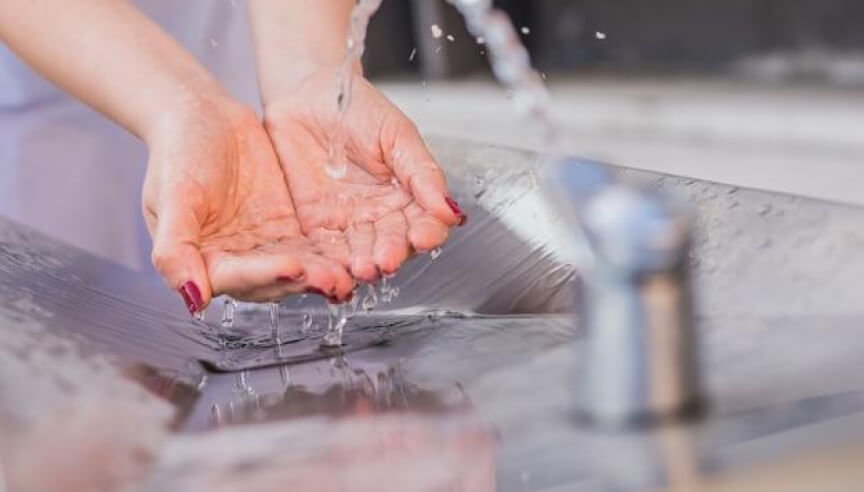Recent Posts
Use of ultraviolet water disinfection

Ultraviolet (UV) water disinfection stands out as a highly effective, eco-friendly, and chemical-free solution, offering unparalleled safety and reliability in municipal, industrial, and recreational settings.
How we offer the use of ultraviolet water disinfection
In an era where waterborne diseases and pathogens pose significant health risks, the utilization of advanced disinfection methods has become imperative across various sectors. Ultraviolet (UV) water disinfection stands out as a highly effective, eco-friendly, and chemical-free solution, offering unparalleled safety and reliability in municipal, industrial, and recreational settings.
Municipal Sector:
Municipalities are responsible for providing safe drinking water to their residents. Traditional water treatment methods such as chlorination and filtration have long been the norm. However, concerns about disinfection byproducts and emerging contaminants have led to a reevaluation of these methods.
UV water disinfection has emerged as a crucial component in municipal water treatment systems. By exposing water to UV-C light, pathogens such as bacteria, viruses, and protozoa are effectively neutralized, ensuring the delivery of clean and safe drinking water to communities. Moreover, UV disinfection does not alter the water chemistry or leave residual chemicals, making it an environmentally friendly choice.
Industrial Sector:
In industries where water plays a vital role in various processes, maintaining water quality is paramount. Whether it’s for manufacturing, pharmaceuticals, or food and beverage production, the risk of contamination can have far-reaching consequences.
UV water disinfection systems offer industrial facilities a reliable method for ensuring water purity. From preventing microbial growth in cooling towers to sterilizing process water, UV technology provides a versatile and efficient solution. Its ability to deactivate a broad spectrum of microorganisms without introducing harmful chemicals makes it particularly well-suited for industries with stringent quality standards.
Recreational Sector:
In the recreational sector, such as swimming pools, hotels, and private households, maintaining water hygiene is essential for the health and well-being of users. Traditional chlorine-based disinfection methods, while effective, come with drawbacks such as unpleasant odors, skin irritation, and the formation of harmful disinfection byproducts.
UV water disinfection complements existing chlorine-based systems, offering enhanced disinfection and reducing the reliance on chlorine. By installing UV systems in swimming pools and spas, operators can achieve superior water quality while minimizing chemical usage and improving the overall swimming experience. Furthermore, UV treatment helps eliminate chlorine-resistant pathogens like Cryptosporidium and Giardia, providing an added layer of protection for swimmers.
Conclusion:
The adoption of UV water disinfection technology across the municipal, industrial, and recreational sectors signifies a paradigm shift towards safer and more sustainable water management practices. By harnessing the power of UV light, we can effectively combat waterborne pathogens, reduce chemical usage, and safeguard public health.
As the need for clean water continues to grow, integrating UV disinfection into water treatment strategies will be essential for ensuring water safety and security across diverse sectors. With ongoing advancements in UV technology and increasing awareness of its benefits, the future holds promising prospects for a world where clean water is accessible to all.
